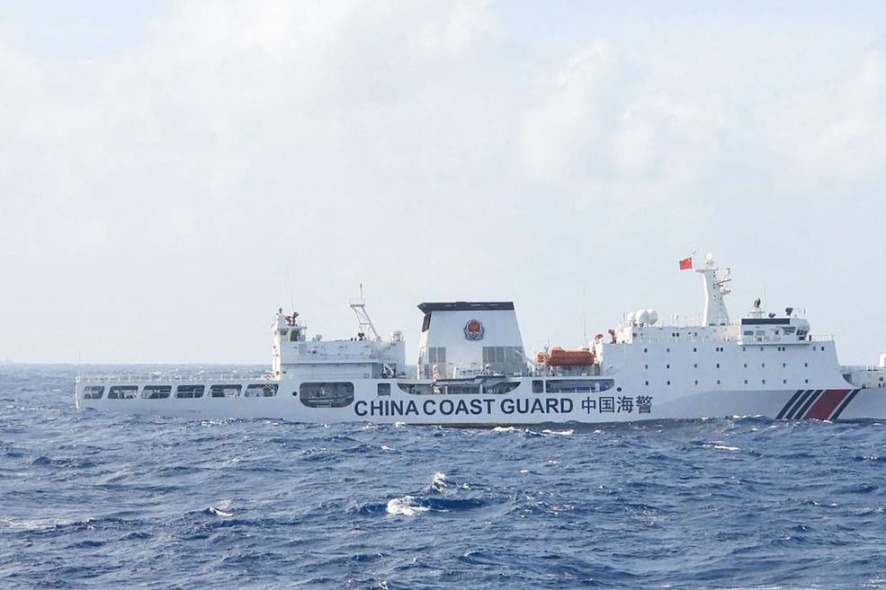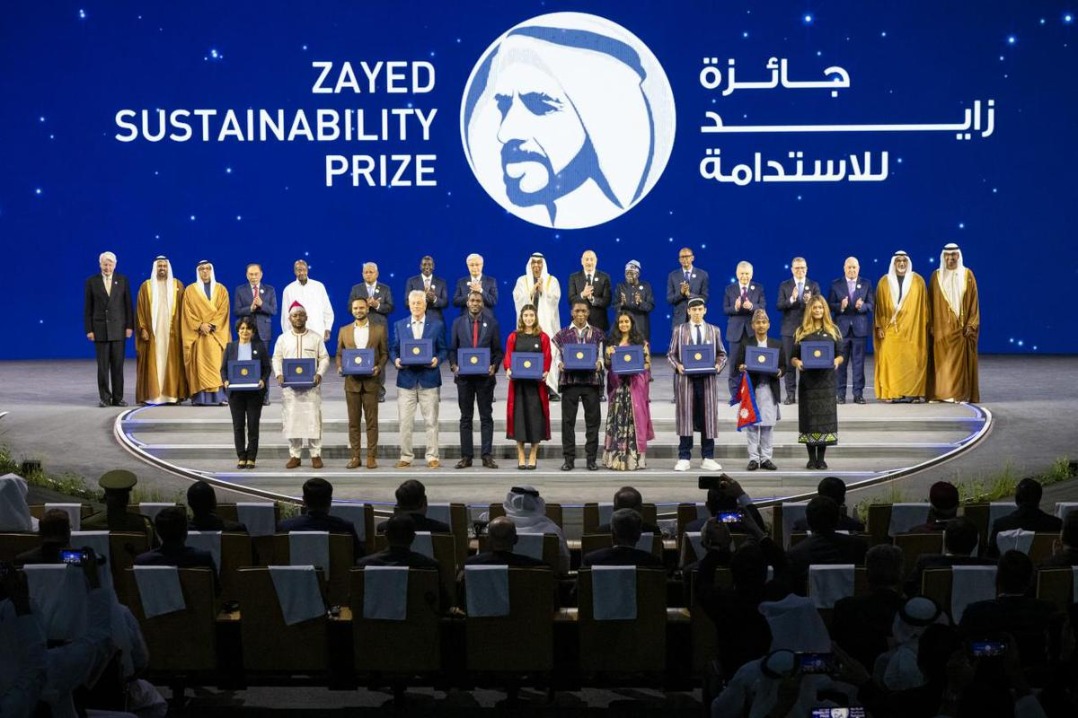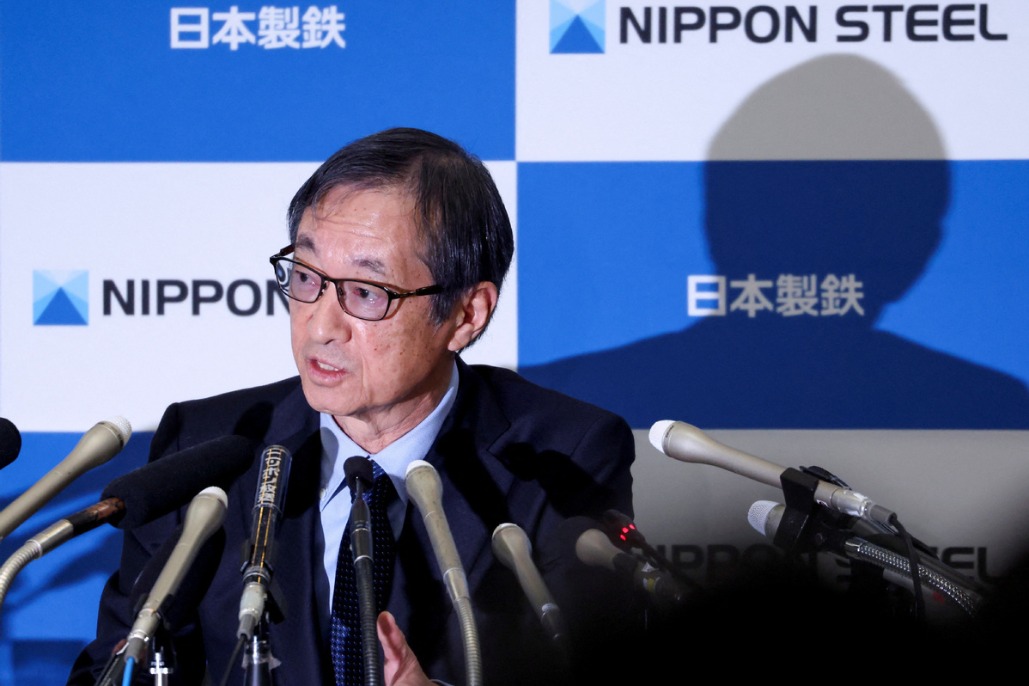How the US is escalating impact of global warming


Imagine the United States as a manufacturing powerhouse today, producing around 65 percent of the world's new energy vehicles, 80 percent of solar panels, 80 percent of battery cells and over 60 percent of global wind turbines. Next, envision China, Russia and India, as well as other malcontents, imposing massive tariffs of up to 100 percent on all imports of NEVs, solar panels, battery cells and wind turbines from the US.
The US plus its Group of Seven and "Five Eyes" allies would lift off into collective and outraged orbit — aided by their equally furious mainstream media outlets. And they would be entirely right to do so, given the startling evidence of the impact of long-term and harmful climate change on everyone.
It is not hard to picture some headlines: "China, Russia, India and other easily led followers declare war on Planet Earth" or "We have a solution to global warming but China and others want to wreck it", and so on.
According to the latest Western public data, there already is a single country currently responsible for those NEV, solar panel, battery and wind turbine outputs.
But it is China. And the wild-eyed embrace of massive, often crippling tariffs, in response, is being led by Washington, with other US "pilot fish", including Canada and the EU, scrambling to do likewise.
They argue that they must protect local manufacturers. But what a way to protect them and at what grave cost to the world's profound common interest in finding real-time and practical ways to curb the generation of greenhouse gases arising from massive and entrenched fossil-fuel consumption.
Meanwhile, one looks in vain for any sort of high-volume, primary condemnation of this tariff-attack on serious, affordable, ready-to-use and climate-friendly remedies by the mainstream Western media. Fevered trepidations about the so-called China Threat theory appear to have simply pushed aside concerns in these media outlets, this time round, about addressing the intense risks posed by climate change, the dangers of which they are normally so vocal about.
The National Oceanic and Atmospheric Administration in the US notes that China is now the single largest national emitter of greenhouse gases. This is a product of its unprecedented economic growth over the past 40-plus years. However, China's per-capita emission of such gases, according to the NOAA, was only about half that of the US in 2021. And it is China that is now leading the world, by a long measure, in manufacturing remarkable and multilayered climate change responses. China deeply understands how serious the problem is, and is doing more than anyone else to innovate and develop varied and mass-market solutions to apply in China and globally.
Moreover, the NOAA stresses how the US has, over time, released more heat-trapping gases than either China or India and that the US "bears more responsibility for the amount of warming that has occurred so far and will persist for millennia". Which makes this willful rush to build huge tariff walls to shut out the most cost-effective and manufactured solutions we can find today an unthinkably bad policy approach.
This conflicted Western response over climate change, led by the US, is fundamentally irrational, as Singaporean scholar Kishore Mahbubani argued during a recent presentation in Hong Kong. It is even more so given that, as he points out, the Western world, and especially the US over the past century, has persuaded the world, to its great benefit, about the central importance of applying rational thinking to macro-level human problem solving. Despite still being home to so many world-class, otherwise highly rational academic institutions, US elites, in particular, seem to be gripped by increasing spasms of self-damaging irrationality.
Over the past decade-plus, there has hardly been a geopolitical challenge that the US has encountered which it has not brazenly sought to politicize to its own advantage. Washington's politicizing of pivotal global warming, problem-solving initiatives, though, is exceptionally obtuse. It is terrible for consumers and bad for the planet. And it confirms that the US is a rusted-on buddy of global warming.
The author is an adjunct professor at the law faculty of The University of Hong Kong.

































